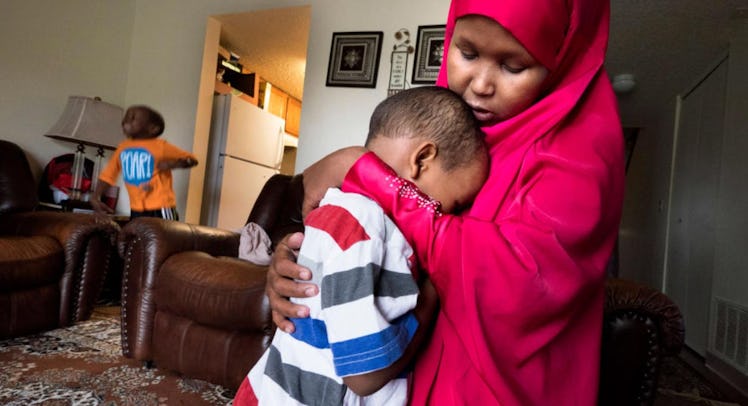Why Minnesota’s Measles Outbreak Will Change the Vaccine Conversation
The state's health department is asking for $5 million to combat future epidemics.

The burden of an ongoing measles outbreak in Minnesota linked to unvaccinated children has prompted Health Department officials to request $5 million from the state legislature. Department officials noted the money was required to prepare for the necessary deployment of health resources during future large-scale outbreaks similar to the one now sickening 51 Minnesotans.
The current measles crisis has lead to a significant strain on the state’s health department, which is not currently allocated funds specifically for pandemic preparations. In the first three weeks of the outbreak, the agency spent more than $200,000 and allocated 80 staff members towards the response. And that’s simply for community screening, and care of the 51 sick individuals, 47 of whom were children confirmed to be unvaccinated for the measles.
The outbreak has had the biggest impact in the large Somali-American community in and around Minneapolis. Vaccination fears in the community have long been stoked by anti-vaccination activists preying on Somali fears that the MMR vaccine was connected to autism.
The immigrant community once saw vaccination rates close to 95 percent. But that changed around 2008 when Somalis began to observe a higher density of their children in special education classes meant for autistic kids. Around that time, discredited anti-vaccine researcher Andrew Wakefield and other prominent anti-vax groups began engaging with Somali families. Slowly rates of vaccination dropped in the community; the current level is now 45 percent.
Even during the outbreak, organizations that cast doubt on vaccines continue to hold talks specifically for the Somali community. The talks are ostensibly meant to provide Somali families with information about their right to refuse vaccinations, but in at least one instance, they have become impassioned rallies decrying the safety of shots like the MMR vaccine.
With such deep distrust being actively sewn among parents desperate to provide the best outcomes for their children, it’s clear why the Minnesota Health Department is asking for contingency funds for future outbreaks. Today they face the scourge of curable, although potentially deadly measles. But in the future, they may be facing something far more deadly and contagious fueled by communities that have turned away from the means to stop it.
This article was originally published on